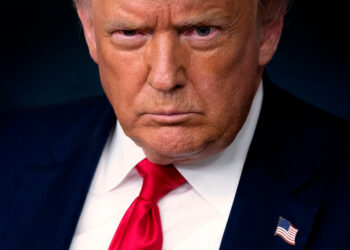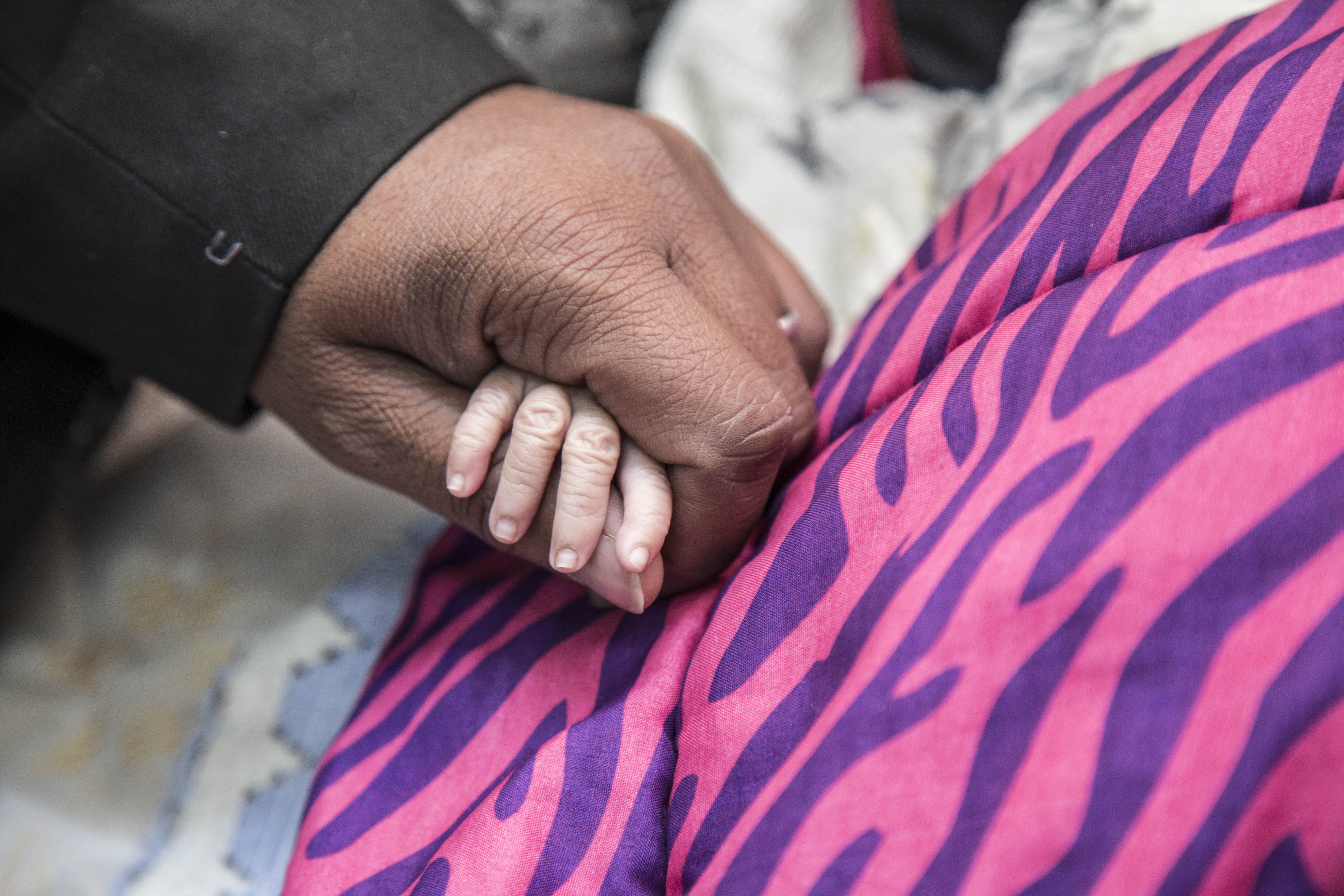Why is it that when people of color attempt to share their stories in books or other media, their narratives are dismissed as irrelevant or “less marketable?” However, when white folks pen a bastardized version of a similar story, often quite recklessly, positive responses abound.
These stories are elevated in mainstream literary and social circles, and the white authors are celebrated for their bold vision and great depiction.
The irony of white people taking the lead in presenting the stories of people of color is personal to me. As a Muslim woman, I have experienced first-hand how we are tokenized. In the broader context, our narratives are hijacked and sensationalized as we are propped on global platforms as oppressed and incapable of asserting agency, as if we are inherently unable to articulate our thoughts or cannot be portrayed as normal, relatable human beings who happen to be Muslim.
There are numerous examples of the harmful Muslim tropes on TV and in film. The spy thriller TV show Homeland is one of the most biased shows to date. It depicts Muslims either as terrorists or as collaborators of U.S. intelligence agencies. The now-canceled show Tyrant’s portrayal of Muslim characters ranged from terrorists to murderous children and from unredeemable, corrupt billionaire men to powerless women.
‘Token Muslim’
I have also experienced this on a personal level. During my time at a NY-based civil society organization focused on women’s active participation in conflict prevention and resolution, on numerous occasions, I felt like whenever I attended meetings hosted by U.N. entities, Missions, or other NGOs, I was treated as a “token Muslim.”
In a warped way, my presence in these meetings, especially to secure funding, somehow validated my organization’s claim of fighting for the rights of the oppressed and the marginalized.
Once the funding was secured, I was conveniently sidelined since my ideas were no longer relevant. My analysis was usually brushed aside as inconsequential despite my deep understanding of the cultural nuances and religious intricacies of the groups that the program was ostensibly meant to benefit.
Muslim Tokenism in America
This ‘Muslim tokenism’ is not merely something I have experienced but happens in the United States at large. I recently read a tweet of Wajahat Ali, a contributing writer at The New York Times and CNN, in which he quite eloquently summed up Muslim tokenism in America. He tweeted that,
“A writer friend, who is Jewish, wanted to introduce another writer friend who writes about US politics & foreign policy to a high ranking editor of a major magazine/paper.
The editor’s only response: “But I already have 3 Muslims.”
Tokenism and erasure of different cultural identities are not unique to Muslim identity. The current controversy surrounding the book American Dirt – the much-hyped and overdramatized new novel from author Jeanine Cummins – is a great example.
American Dirt tells the tale of Lydia and her 8-year-old son Luca, who flee their home in Mexico and undertake the agonizing journey to the U.S. border after shooters from a local drug cartel killed most of their family. In an ill-conceived attempt to upend stereotypes, which the author purports to do, Cummins invokes countless harmful clichés.
Among many critics of the book is Los Angeles Times writer Esmeralda Bermudez, who said that in her 17 years of journalism, in which she interviewed thousands of immigrants, she had “never come across anyone like American Dirt’s main character.”
I spoke with a friend about what she, as a Latina, thought of American Dirt. She put it bluntly:
“For one, it’s written by a white woman. It plays into the stereotypes and tries to present migration in a very whitewashed way. The author is just making money by exploiting the experiences of immigrants. It focuses on Mexican immigrants, while the reality is that most people trying to cross the border seeking asylum are Central American, so obviously, the author doesn’t even know the borders’ realities.”
Last May, on her twitter, Cummins even posted a photo of floral arrangements wrapped in barbed wire at a dinner celebrating the book. This gesture is indicative of the sheer lack of respect and understanding of the plight of migrants at the border.
Incredible way to kick off #BookExpo2019 last night with the @Flatironbooks party and a bookseller dinner in honor of AMERICAN DIRT. I’m overwhelmed with gratitude. pic.twitter.com/c5gd7vx3bH
— Jeanine Cummins (@jeaninecummins) May 29, 2019
Cummins recklessly reduced migrants’ harrowing experiences to a celebratory centerpiece, which could be admired while the guests sipped on wine and engaged in “intellectual dialogue around migration and the plight of poor brown masses.”
Taking Charge
Sometimes even well-meaning white people fail to understand that this is not about them. Our stories and lived experiences are not theirs to tell. Even those who believe themselves to be the allies of people of color may be unaware of their racial biases or may not understand the myriad facets of our experiences, such as our language, food, cultural practices, fears, and aspirations.
For example, it is unfair to assume that white people can fully understand the fact that despite being a naturalized U.S. citizen with an impeccable record, I am frequently pulled over at the airport during a “random check.” Or how I am scared to wear any religious symbols or utter the phrase “Allah O Akbar,” an expression of humility, success, and happiness, because in America, it has been equated to “terrorism.” I am glad that comedian Ramy Youssef unapologetically reclaimed it at the Golden Globe stage to express his gratitude for winning.
While white people conveniently opt-out of discussions around race, class, and religion and pat themselves on the back for elevating marginalized voices, without affecting any real change, people of color are still struggling to present their narratives and share their experiences.
My advice to all the well-intentioned white people out there is twofold. Please do your research when you dive into other cultures and recognize your implicit biases. Even better, instead of presenting our stories, be our allies in amplifying our voices by supporting spaces for open, honest, and unadulterated content.
For once, let those who’ve lived the experiences take charge of their stories.
Disclaimer: The views and opinions expressed here are those of the author and do not necessarily reflect the editorial position of The Globe Post.






















